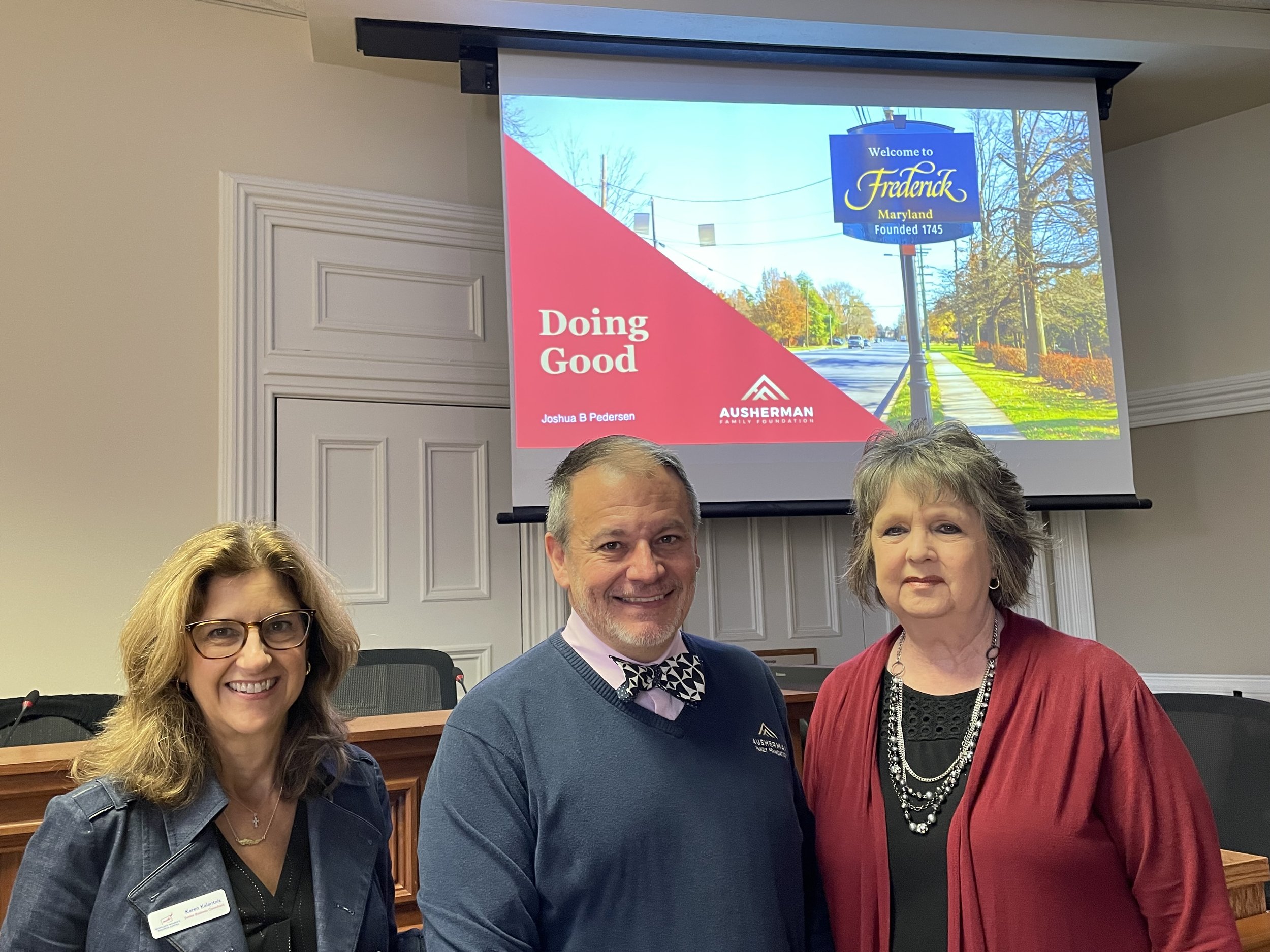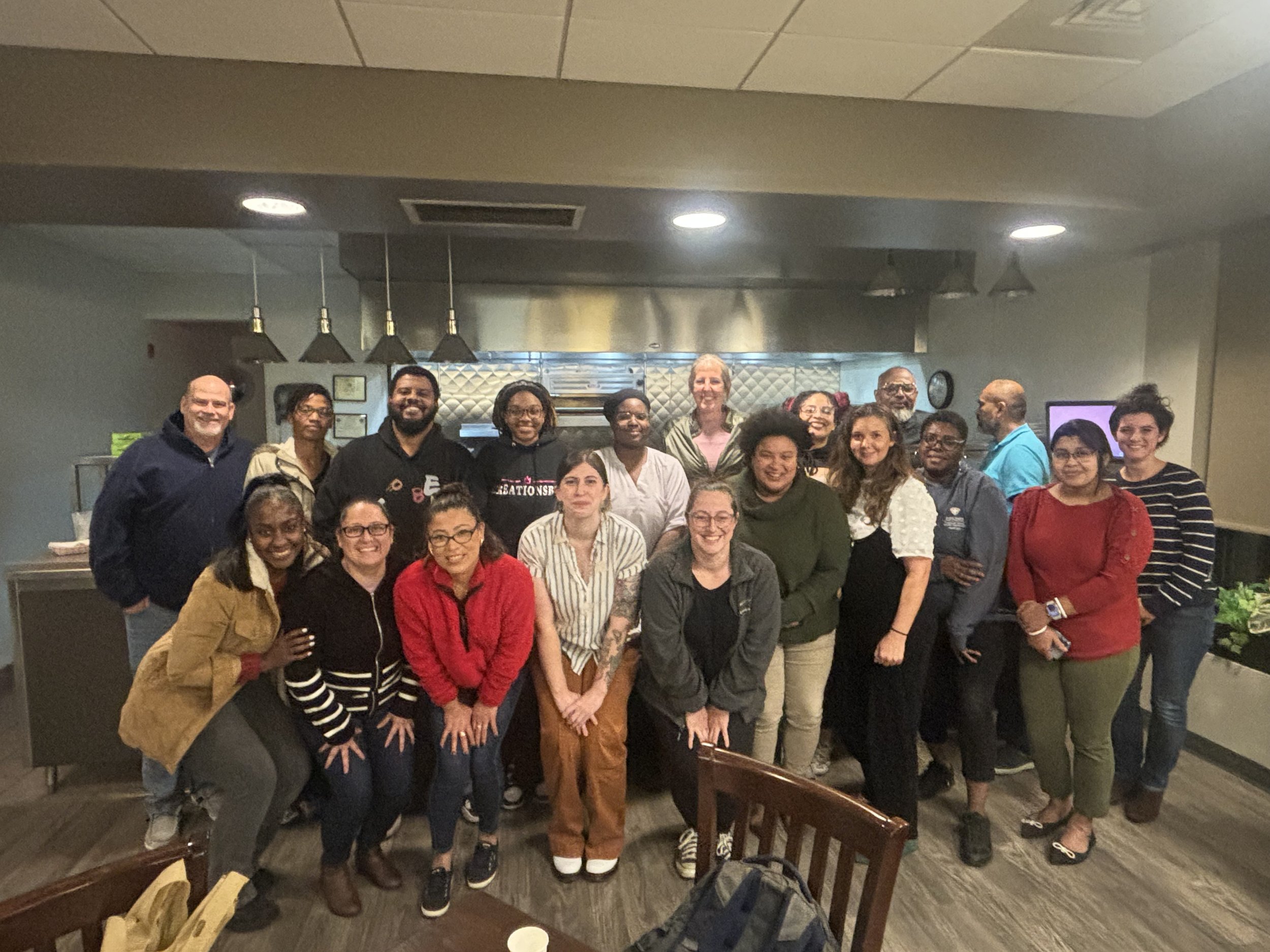For international companies looking to establish a foothold in the United States, Frederick, Maryland, is emerging as a strategic and welcoming first destination. The City of Frederick’s Economic Development team, in partnership with local, county, and state organizations, has played a vital role in helping foreign companies secure locations and successfully launch operations here.
Marketing Frederick as a Destination for International Expansion
Maryland’s Global Gateway – Soft Landing Program provides international companies with a streamlined path to launch their first U.S. operations. Frederick Innovative Technology Center, Inc. (FITCI) is an approved Soft Landing destination, offering companies use a state-of-the-art incubator/accelerator facility along with business mentoring, resources, and tailored support to ease their transition into the U.S. market.
Since launching Frederick’s Soft-Landing program at FITCI, Frederick has already welcomed several international companies through this initiative. According to FITCI CEO Kathie Callahan Brady, 14 international companies from countries including Ireland, Scotland, India, Colombia, Chile, Romania, Canada, Switzerland, and Nigeria have signed on. An additional 18+ companies are currently in the pipeline.
The Maryland Department of Commerce provides robust support and programming to promote foreign business expansion across the state. At the local level, the City and County Economic Development teams collaborate closely with the state to ensure that international companies receive comprehensive assistance—from site selection to integration into the regional business community.
Together, these efforts are making Frederick a launchpad for global innovation and business growth.
Connecting with Global & National Investors: Conferences, Programs, and Site Visits
The City of Frederick’s Economic Development team actively participates in key conferences across the region, nation, and globe to promote Frederick as a competitive location for business investment. Many of these events are industry-specific and focus on entrepreneurial growth across sectors like biotechnology, manufacturing, and technology.
One of the most impactful events is the SelectUSA Investment Summit, an initiative of the International Trade Administration that connects Economic Development Organizations (EDOs) with global investors. The 2025 Summit, held in National Harbor, Maryland, drew over 5,500 attendees, including 2,700+ international delegates and representatives from all 56 U.S. states and territories—making it the largest in SelectUSA history.
From an economic development standpoint, our team participated in SelectUSA to attract foreign direct investment (FDI) and raise awareness of Frederick’s strategic advantages. These types of conferences facilitate international partnerships, business expansions, and investment deals. Frederick has already seen direct results from the recent conference: one company from Turkey is preparing to enter Maryland’s Soft Landing Program as a result of connections made at SelectUSA.
In June, our team is attending the BIO International Convention in Boston alongside county and state economic development partners. As the world’s largest biotechnology conference—with more than 20,000 industry leaders—BIO provides powerful opportunities to showcase Frederick’s biotech strengths. With 130+ life science companies, a highly skilled workforce, collaborative academic institutions, and strong infrastructure, Frederick is well-positioned to attract new biotech investments and make new connections for its local biotech community.
Beyond biotech, our team attends a range of other conferences focused on entrepreneurship, advanced manufacturing, commercial real estate, site selection, and innovation ecosystems—helping our team connect with businesses at all scales, both domestic and international.
Customized Tours Showcasing Frederick’s Biotech and Innovation Ecosystem
In addition to conference participation, Frederick frequently hosts customized tours for visiting international delegations exploring U.S. business opportunities. These tours often include visits to leading biotech, tech, and manufacturing companies; meetings with local founders and executives; and tours of Frederick’s assets—from its scenic landscapes and historic downtown to its workforce and industry infrastructure.
These combined efforts—targeted marketing, global conference engagement, and on-the-ground business tours—are positioning Frederick as a launchpad for international growth and innovation.
To learn more about these initiatives, reach out to the City’s Economic Development team at 301.600.6360 or email businessinfrederick@cityoffrederickmd.gov .




































































